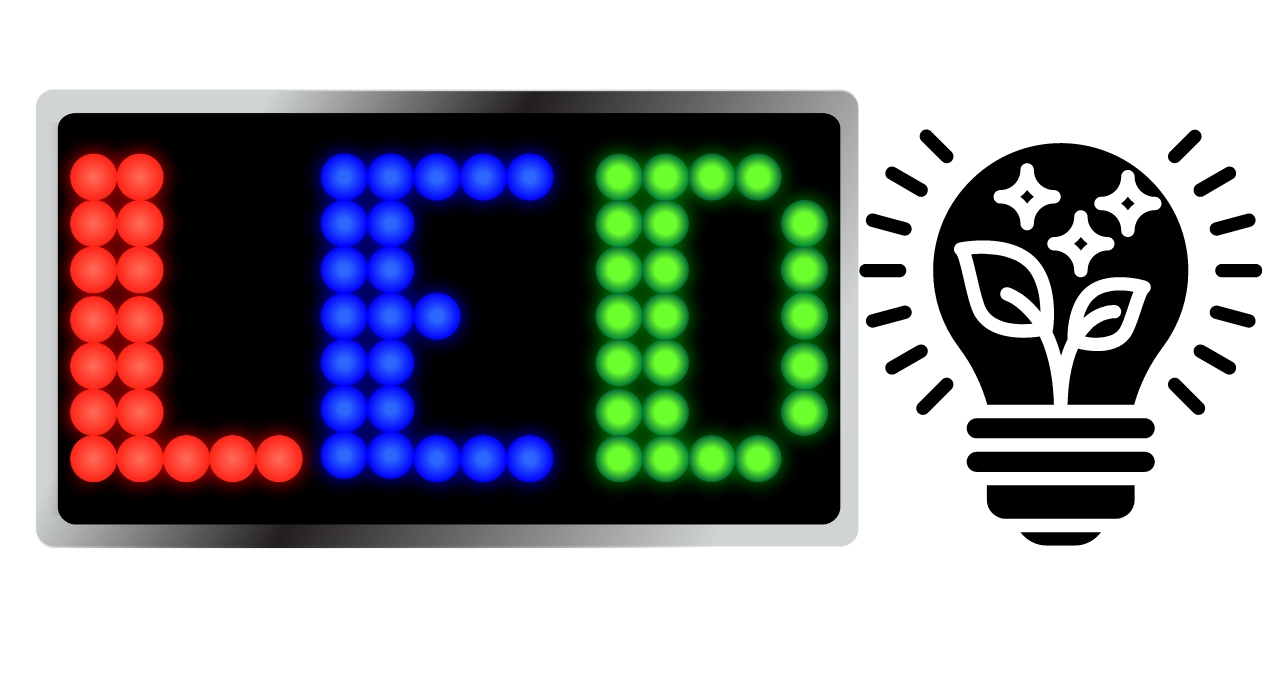Recently, I noticed that my LED light was turning on and off by itself. Initially perplexed as to why this was happening, I discovered the answer – and it’s not what you’re thinking!
Why is your LED turning on and off? Don’t fret! We’ll explore the possible reasons behind this phenomenon and provide tips on how to prevent it.
LED light flickering and turning on and off by itself
When you’re casting about for a well-lit workspace, an LED light can be one of the most effective options available. It’s commonly used in offices, libraries, and other establishments that require subdued lighting – however, don’t let its ability to provide illumination overwhelm your decision-making process when purchasing one.
If you’ve recently acquired an LED light but are noticing some erratic behaviors from it, such as flickering or turning on and off by itself, don’t worry! This could simply indicate that the bulb may need replacing; although this is not necessarily indicative of any problems with your device.
What you should do if your LED light is flickering or turning on and off?
Are you perplexed when your LED bulb unexpectedly turns on or off? Don’t fret! The cause of this could be anything from an electrical surge to an issue with your wiring. Here’s what to do if you encounter any of these problems:
- If the power within the room doesn’t fluctuate, it is likely that there is a shortage in your installation. Contact an electrician to provide assistance in locating and correcting any issues with your circuit.
Call in an electrician to check out the power box if your LED light is flickering
If you’re perplexed by the flicker of your LED light and are eager to get to the bottom of it, enlisting an electrician may be in order. If any issues arise with electrical components within your home it is prudent to have them bearly inspected – especially where as innocuous as power outlets!
If your circuit breaker has tripped or there’s excessive voltage coming into your switch box, chances are one of these culprits could be at fault.
If your LED light is flickering
If your LED light repeatedly turns on and off without any discernible reason, then it could be indicative of an issue with the power supply or a faulty component. If either of these are the case then you can usually locate the source by inspecting them carefully – or simply replacing them if necessary!
To isolate the cause of flickering lights in this scenario, start by observing whether the ‘on’ cycle is faster or slower than usual. Then check for other irregularities such as a shorter ‘off’ phase that undulates instead of resuming at its usual rate; along with blips that interrupt its standard progression which may reveal an underlying problem with the circuit board itself!
replace the ballast first
If you haven’t yet, it’s advisable to replace the ballast that powers your LED strip light first. This is because some of them come with built-in protections to prevent overheating from occurring. If this occurs, then the LEDs may cease functioning whatsoever; hence resulting in lights failing to illuminate.
If your ballast has become damaged, either consider replacing it or do a little tinkering yourself and attempt to fix it.
Always unplug your lights before servicing
If you’re not an electrician, make sure that you don’t attempt any repairs or maintenance on your own.
Unplugging a light before beginning its regular inspection should be mandatory – especially if it’s an LED bulb! If you’ve noticed that the light is malfunctioning, disconnect it and take it apart; if anything seems amiss-such as a burnt-out filament or even broken parts-always proceed with caution!
On occasion, there may be no symptoms at all to indicate why your lights are malfunctioning. In such scenarios, periodic checks can reveal issues as they arise over time.
Conclusion
Are you aware of any of these peculiar idiosyncrasies in your LED light? If so, let us know in the comments section below! We’d love to hear from readers with firsthand knowledge regarding this subject matter.




